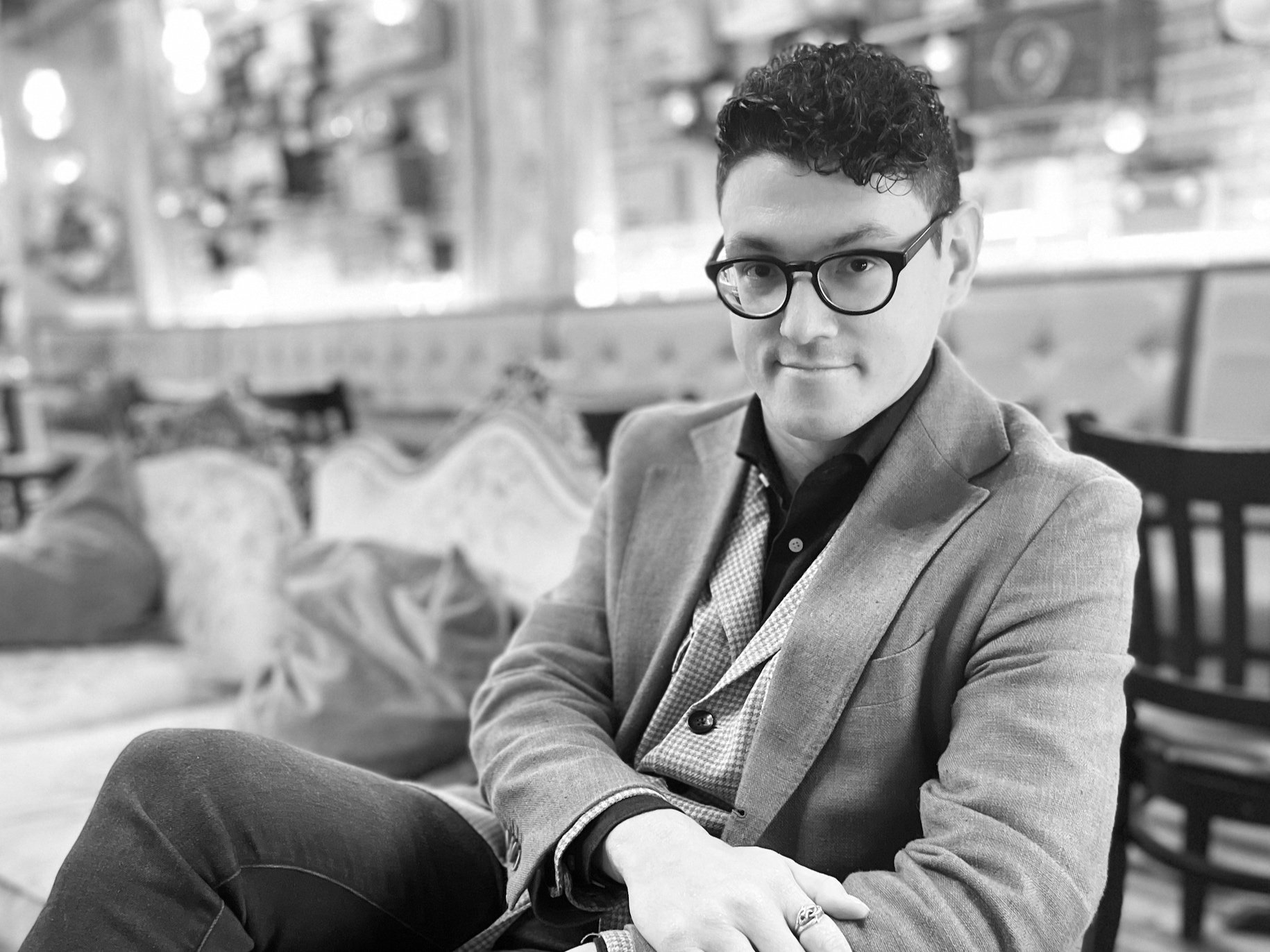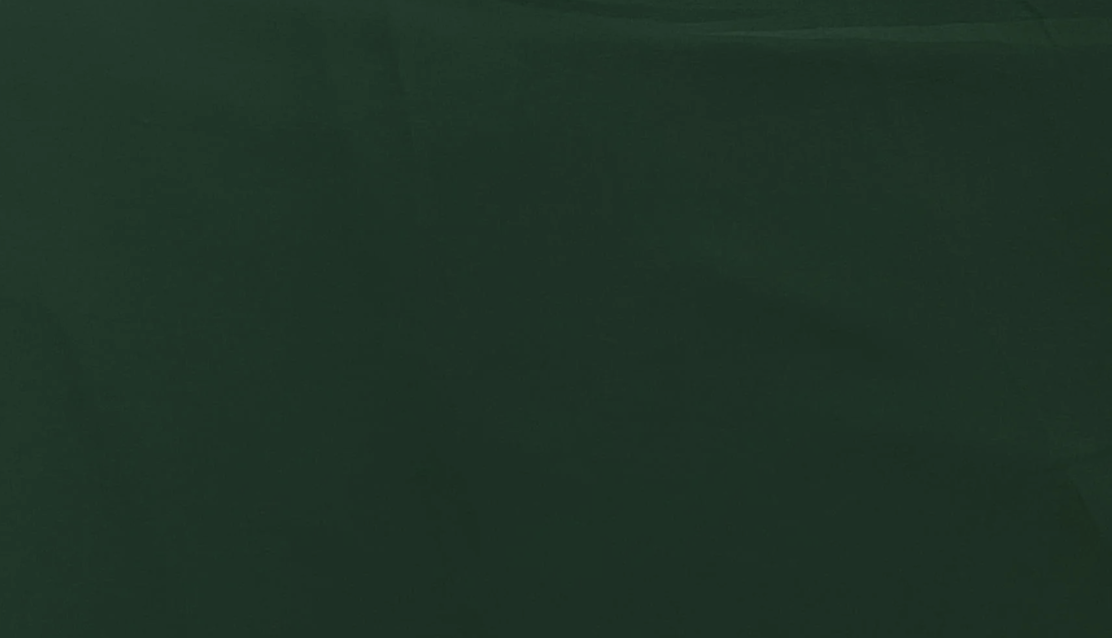
Samuel Loncar, Ph.D. (Yale) is a writer, institution builder, consultant, keynote speaker, and applied ethicist.
He builds bridges between the ivory tower and the public square, and he has worked with clients such as the United Nations, Oliver Wyman, Red Bull Arts, Ximalaya FM, and Flagship Pioneering.
Samuel is the Editor-in-Chief of the Marginalia Review of Books, Founder and Director of the Institute for the Meanings of Science, Co-Founder of The Writing College, Creator of the Becoming Human Project and host of Becoming Human: A Show for a Species in Transition, featuring his work as a scholar and interviewer.
Born in Athens, Greece, Samuel's ancestors’ diverse origins give him global roots: in Okinawa, Japan, among the Chippewa (or Ojibwe) people, and in Eastern Europe (Poland and Croatia), and motivate his mission to unite the ancient and the modern. In all his work, he integrates a respect for scientific precision with the richness of lived experience and deep historical memory. His book, Becoming Human: Philosophy as Science and Religion from Plato to Posthumanism, is forthcoming from Columbia University Press.
Impact
Samuel’s speaking and writing have reached an audience of over 1,000,000, and he has taught and lectured in America and Europe. His writing has been read at Google, taught in classes and universities across the world, and has been translated into Chinese, Farsi, and Portuguese.
His work as a scholar and interviewer has been featured in places such as the Max-Planck Institute for the History of Science, Mosaic Magazine, the Toynbee Prize Foundation, The Browser, Arts & Letters Daily, and elsewhere.

What People Are Saying
“Samuel is asking the most important questions our culture needs to answer, and he brings historical context and wisdom to the conversation that our questions require.”
Jon Morgan
Founder & Principal
Sound Fund Advisors
“Samuel Loncar is smart and persuasive and a joy to listen to. His writing is both lively and profound. And his erudition is so contagious that it makes you want to drop everything...”
Costica Bradatan, Ph.D.
Philosophy Editor, LA Review of Books
Professor of the Humanities in the Honors College at Texas Tech University & Honorary Research Professor of Philosophy at the University of Queensland
As a philosopher, scholar, consultant and keynote speaker, Samuel applies intellectual rigor, psychological depth, and practical wisdom to complex cultural concerns, helping individuals and institutions ask and answer the most difficult questions of our time.
In all his work, he integrates separated spaces that need each others wisdom, weaving the stories and ideas found in science, religion, philosophy, art, and technology into a compelling narrative for clients seeking a deep understanding of the modern world and meaningful solutions to its most pressing problems.

Solutions start with questions
Born in Athens, Greece, Samuel's ancestors’ diverse origins give him global roots: in Okinawa, Japan, among the Chippewa (or Ojibwe) people, and in Eastern Europe (Poland and Croatia), and motivate his mission to unite the ancient and the modern.
While earning his Ph.D. at Yale University, Samuel was a Junior Fellow at the MacMillan Center’s Initiative on Religion, Politics, and Society, a John H. Hord Fellow, and the recipient of a Baron Foundation Grant for his research on antisemitism.
All of his scholarly and consulting work stems from five fundamental questions, all profoundly affecting and inflecting our modern conceptions of humanity:
(1) What happened, and is happening, to religion in the modern age, and how does it relate to modern science?
(2) Why did theology and metaphysics begin a slow death with the rise of modern science, and why was metaphysics' greatest advocate in the twentieth century, Martin Heidegger, both a Nazi and an opponent of humanism and technology?
(3) Are humans capable of adequately recognizing their own historicity while still believing in truth, and possessing awareness of and control over the whole earth without destroying it?
Samuel’s search for answers to these modern questions led him to ask two, even more basic, questions about the ancient world:
(4) How did a Jewish messianic sect in the first century turn into a non-Jewish religion, become the imperial cult of the Roman Empire, and end up the most persistent producer and perpetrator of prejudice and violence against the Jews in human history, culminating in the Holocaust, and how has antisemitism affected other forms of prejudice?
(5) How did philosophy, an ancient way of life rooted in spiritual practices, and integrating practical and intellectual skill, poetry and theory, art and science, transform into a mere academic discipline, into something which often seems impractical, unpoetic, unscientific, and reserved for a cognitive elite, and could we change this, bringing philosophy closer to its origins as a truth seeking way of life.
Learn more about Samuel’s answers to these questions by reading his publications, watching his YouTube channel, and subscribing to his Substack.
Where Samuel is Featured
selected
Featured 2019 graduate.
Chartered in 1987, the Toynbee Prize Foundation exists to contribute to the development of the social sciences,
as defined from a broad historical view of human society and of human and social problems.
Max-Planck Institute for the History of Science
Founded in 1994, the Max Planck Institute for the History of Science (MPIWG) in Berlin is one of the more than 80 research institutes administered by the Max Planck Society.
It is dedicated to the study of the history of science and aims to understand scientific thinking and practice as historical phenomena.
The Browser
The Browser reads hundreds of articles and recommend five outstanding stories for you to enjoy every day.
Expert writing and analysis on the biggest issues in the Jewish world.
The best literary and arts writing on the internet from the Chronicle of Higher Education.

Becoming Human
A Show for a Species in Transition
Becoming Human was born from a new story of the human that I am seeking to live and share with others. The show brings my original research and my conversations, courses and interviews with artists, scientists, and writers to the widest possible audience.
Becoming Human: Origins (2020) tells the story of how an atheistic revolution in philosophy, beginning with Socrates and Jesus, remade religion and science, and set the stage for our post-human age. It argues that the dominant story of reason, science, and religion is a modern myth, and must be replaced if we are to make real progress.
The series begins by presenting Socrates as a revolutionary religious martyr and ends with the death of God and Reason, revealing the common connection between Protestant Christianity, the Enlightenment, Marxism, and Science. These movements are perceived as radically contradictory, but the source of their conflict is their common ancestry: they are all part of a single atheistic narrative—one that has never been told.
That story, recounted here, explains why atheists are religious, why antisemitism persists through all these movements, and why we have a current crisis around the question: What does it mean to be human?
Work with Samuel
Signature Keynotes
Science and Religion: A New Paradigm
Bridge divides with insights from the Meanings of Science Project, redefining humanity’s future.
Ideal for: Academic institutions, faith communities, science organizations.
Becoming Human in the AI Age
Navigate technology’s impact on identity and ethics, drawing on philosophy and Silicon Valley’s religious undercurrents.
Ideal for: Tech firms, innovation conferences, leadership summits.
Antisemitism and the Crisis of Humanity
Explore the historical and philosophical roots of antisemitism, offering solutions for a polarized world.
Ideal for: Corporations, universities, Jewish organizations, policy groups.
*Custom workshops and consulting available on antisemitism, AI ethics, and science-religion integration.*
Please include all the relevant details for your query.

Dedication
One rainy day on a tiny Okinawa island called Yagaji, my grandmother, Akiko Furugen Kasprzak,
set my feet on the path of philosophy because of her piety.
All of my work is dedicated to her life and memory.
(1935-2024)



